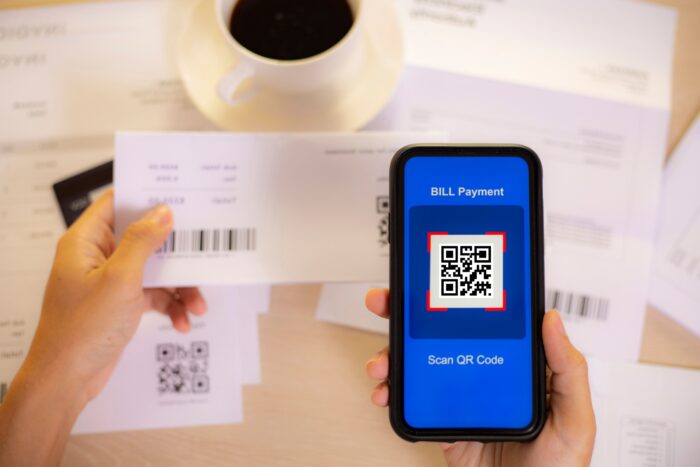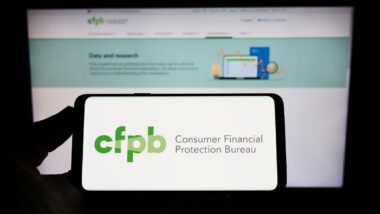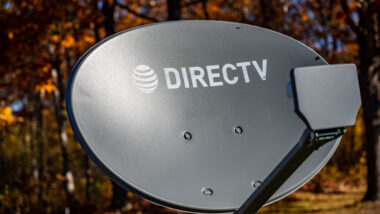Top Class Actions’s website and social media posts use affiliate links. If you make a purchase using such links, we may receive a commission, but it will not result in any additional charges to you. Please review our Affiliate Link Disclosure for more information.

A barcode on a debt collector’s envelope that can be scanned to reveal a debtor’s reference number could breach privacy laws because it makes it possible to determine a recipients’ “financial predicament,” an appeals court has ruled.
On Tuesday, the Third Circuit Court of Appeals filed an opinion on a class action case ruling that debt collectors do violate the Fair Debt Collections Practice Act (FDCPA) when they put QR codes on consumer envelopes that are specific to that debtor, Law360 reported.
The three-judge panel said the class action lawsuit filed by Plaintiff Alejandro Morales against debt collector Healthcare Revenue Recovery Group LLC in 2015 could go ahead, reversing a lower court’s decision.
Morales had filed the class action claiming that anyone with a smartphone could read the QR code on the envelopes, which revealed his reference number and the first 10 characters of his address.
A New Jersey district court dismissed the case, saying different debtors could have the same reference number. Healthcare Revenue Recovery Group had argued that the reference numbers were not like account numbers, so shouldn’t be covered under the FDCPA.
But the appeals court disagreed, saying multiple appeals to court decisions had found that exposing a debtor’s collection agency account number can be used to “expose [their] financial predicament,” Law360 reported.
They said the reference number’s disclosure “could enable public access to the account” and identify consumers as debtors.
“Account numbers are but one type of protected information,” the panel wrote.
The FDCPA was enacted in 1977 to protect consumers from abusive debt collection practices and to help protect consumers’ privacy. It prohibits certain types of unfair debt collection practices, such as communicating with third parties about your debt.
Many debt and bill collectors send letters to consumers demanding payment. But sometimes these companies don’t print and send the letters themselves.
Instead, they may send private information about consumers’ debts to other companies, who then put together letters to mail. This means private, personal information — information some may find sensitive or embarrassing — is given to people who shouldn’t be seeing it.
If you received a collection letter from a debt or bill collector in the past year, you may have a claim against that company for violating the FDCPA. Click here for more information.
Do you think debt collectors should be allowed to put QR codes with potentially identifying information on their envelopes? Let us know in the comments!
The Debt Collection QR Code Class Action Lawsuit is Morales v. Healthcare Revenue Recovery Group LLC, Case No. 20-1827, in the U.S. Court of Appeals for the Third Circuit.
Don’t Miss Out!
Check out our list of Class Action Lawsuits and Class Action Settlements you may qualify to join!
Read About More Class Action Lawsuits & Class Action Settlements:
- Do You Qualify: Debt Collection Letters Class Action Lawsuit Investigation
- Do You Qualify: Bank of America Mortgage Payment Fees Class Action Lawsuit Investigation
- Portfolio Recovery Associates Wage and Hour $1.5M Class Action Settlement
- Do You Qualify: University of Phoenix Job Placement Investigation















4 thoughts onQR Code on Debt Collection Envelopes Could Be Illegal, Appeals Court Rules
please add
Yes Wakefield & Associates put barcodes on theirs and when scanned reviles amount owed, full complete name date of birth and last 4 social as the account #
add me
Please add me!!